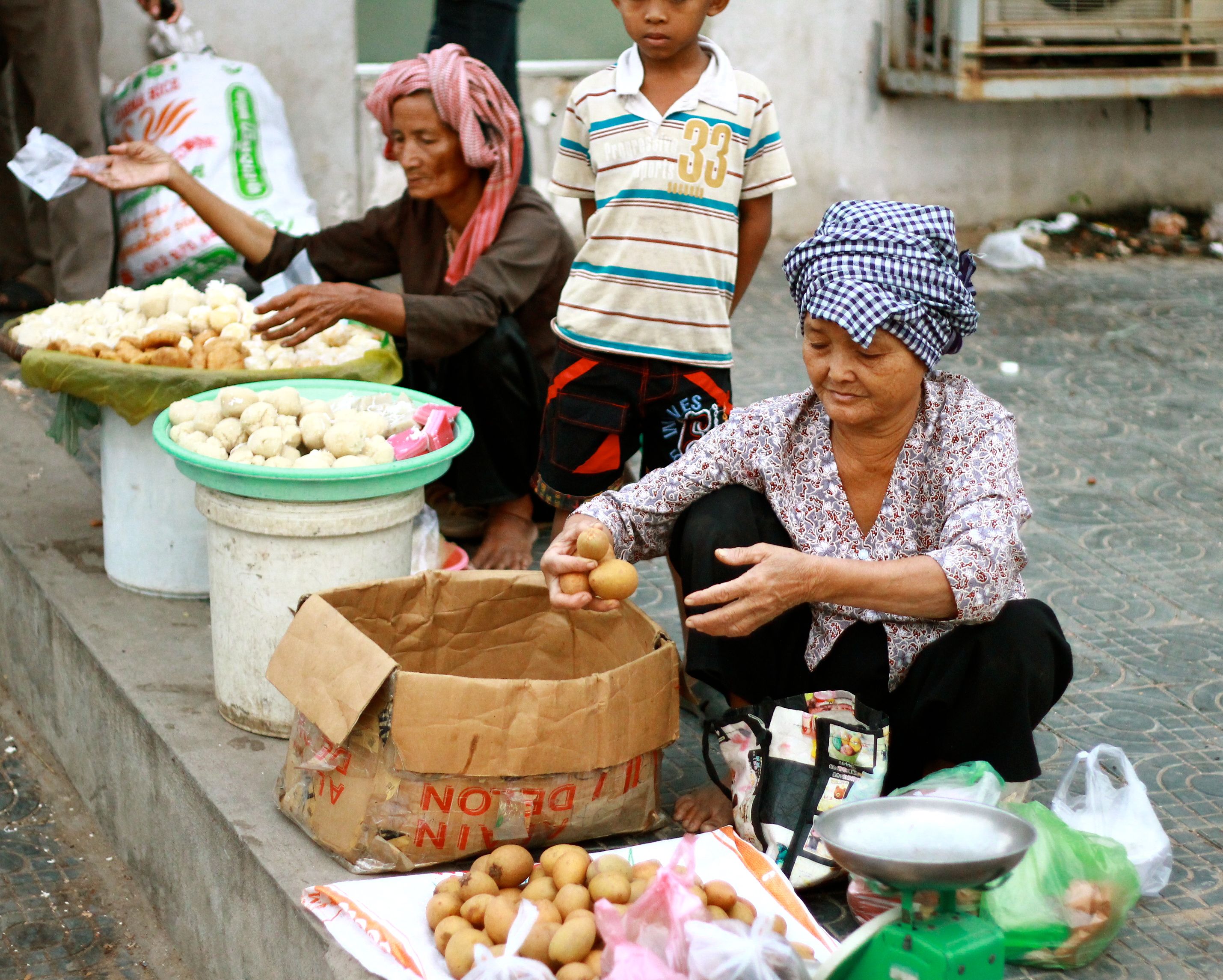Context and Switzerland’s role
May 1, 2018

Almost 1000 billion Swiss francs are generated each year by the sale of products based on biological resources – mainly medicines and agricultural products, but also cosmetics. And often with no reward for the countries and populations that have conserved and developed these resources over thousands of years.
In order to halt this trend, two international conventions have been adopted by the United Nations. The Convention on Biological Diversity of 1992 recognises the sovereignty of states over their genetic resources. Its provisions state that the countries of origin and their native peoples must give their informed consent in advance to have access to their resources and their knowledge, and it recognises that there must be a fair and equitable sharing of any rewards resulting from their use. Unfortunately, these principles are almost systematically bypassed.
In this case, we speak of biopiracy, a phenomenon that is today still widely practised.

